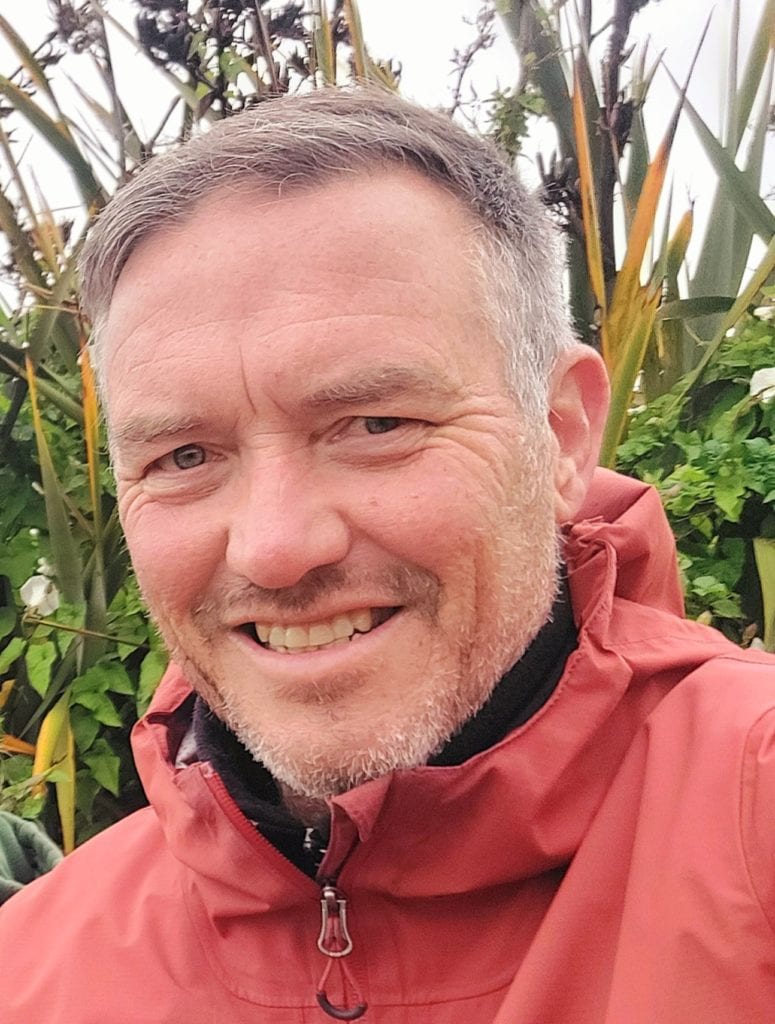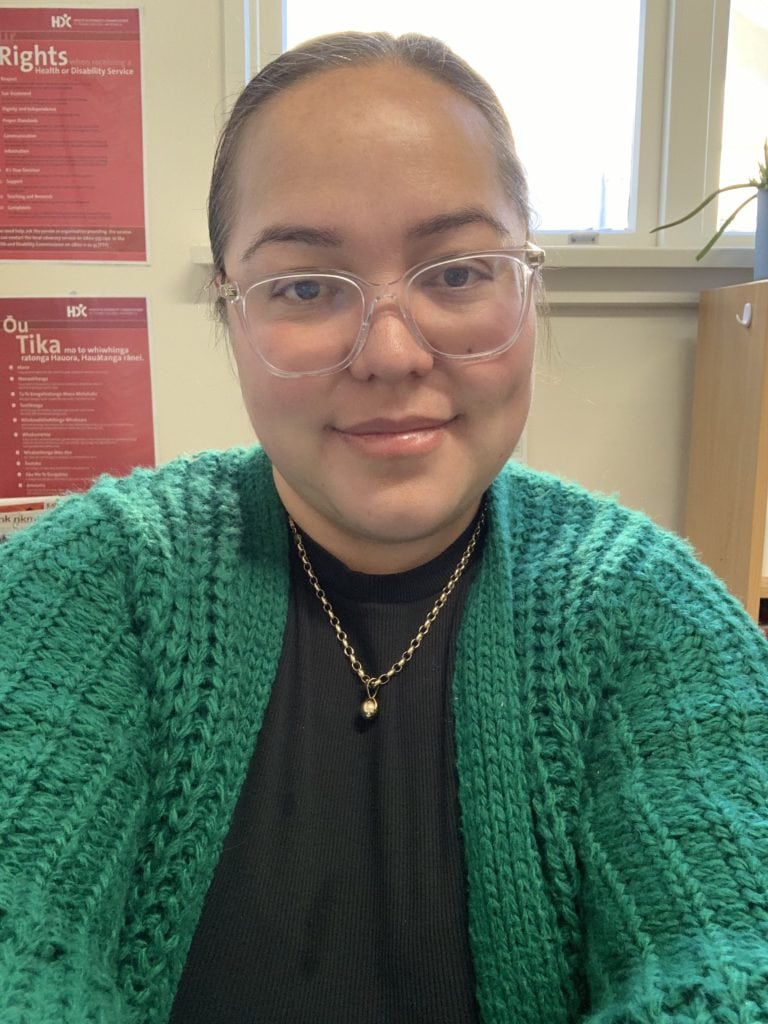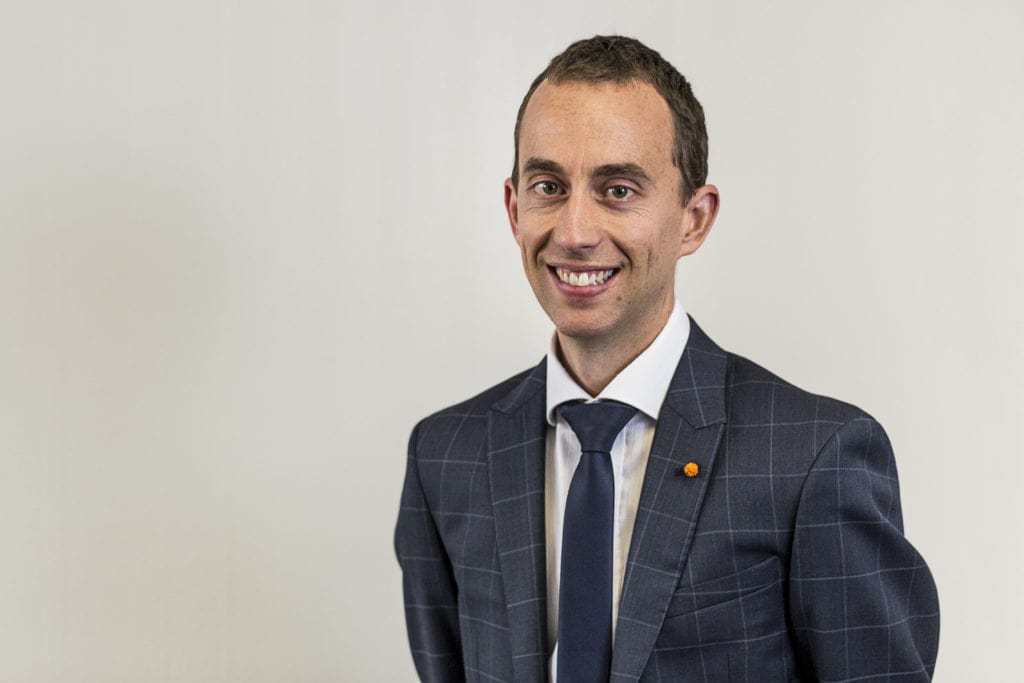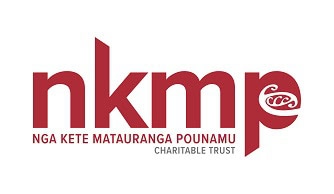Iwi Family Group Conference
What is the Iwi FGC Service?
The Iwi Family Group Conference service is part of our Tui Ora service, which provides intense social support to whānau to assist in developing and maintaining safe care of Tamariki.
A care and protection family group conference (FGC) is a formal meeting where we meet with parent/s, caregivers, the child/ren, whānau and others (i.e. social worker, lawyer for child, teachers) to talk about concerns for the child/ren and make a plan for their safety and wellbeing.
Get to know our Iwi FGC Co-ordinator Jordan Nikora
“I was born and raised in Ōtaki, a little town just north of Wellington on the Kapiti Coast. I moved south where I attended Otago University and graduated with a degree in psychology.
I finished university and spent a couple of years in Dunedin working at ACC before I met my husband and we started our family. In 2015, we moved to Invercargill where I worked as a case manager at ACC for six years.
I started in the Iwi FGC role at Ngā Kete in January 2022. I am the only Iwi Co-ordinator in the South Island.
My role is to convene and hold the Family Group Conference, and ensure the whānau understand why we’re going to conference, empower them to take part, and ensure their voice is heard. An FGC is the last opportunity for whānau to have input into a plan that addresses the care and protection concerns Oranga Tamariki has.
The aim is to make sure the child is safe - whatever that may look like. Sometimes it is just a case of getting into the room to figure out what the whānau need, and ensuring the right people are in the room.
On average, we would host around 50 FGC per year. Some will last an hour and others up to four.
I love working with and alongside whānau and seeing the change in the whānau. It is amazing to be a part of that change.”
Jordan works with a large number of professionals. See what they have to say:
An Oranga Tamariki Care and Protection Social Worker, who wishes to remain anonymous, said, “As a statutory social worker part of our assessment is to work with whānau to establish well-being and safety needs of tamariki and whānau. Part of this assessment may include a referral to a Family Group Conference.”
For whānau, the FGC process can be daunting, confronting and highly emotional time for them, she said.
“An Iwi co-ordinator such as Jordan, is skilled in her practice to bridge the gap for Māori whānau between Oranga Tamariki and a non-government agency. This working partnership with Ngā Kete enables Jordan to bring her knowledge of Ngā Kete and other interventions Ngā Kete may provide, to support whānau to achieve their goals and make positive change for their tamariki and whānau.”
“Jordan brings a sense of calmness and whanaungatanga, empowering whānau to have a voice in the process. Jordan brings to life Te Toku Moana, the Oranga Tamariki - Tangata te whenua well-being framework in her mahi and this is well reflected in her plans.”
“In her mahi, Jordan will complete home visits with me, make phone calls with whānau, listen to whānau and ensure whānau are as supported as possible to attend the meeting. Jordan often will go out of her way and think outside the box to get a positive outcome for whānau.”
Ministry of Education Service Manager Gary Pilsworth said, in his role, he is tasked to reduce any barriers to young people’s learning (speech, language, learning, behaviour, certain health needs, occupational therapy etc).
“Collaborating with Jordan allows a real opportunity to provide this support. Jordan’s work helps prioritise the needs of young people. We can then help get the right supports in place at the right time.”
Jordan also brings a cultural lens through her iwi affiliations, which brings a further layer of support, he said.
Family Court Lawyer (Barrister) and a Lawyer for Child Richard Smith said he attends all FGC where he is a lawyer for a child/children. “Jordan and I communicate about when the FGC might be, any concerns of relevant information I might have so she can be as aware and prepared for the FGC as possible. She might also have information for me so I can better advocate for my child/children.”
“The focus is on what is best for the child/ren and for the whānau. (I believe) working together makes the FGC process as manageable and stress-free as possible for participants. This in turn, in my view, makes outcomes better. It needs to be an inclusive and whānau focused process and can be daunting and stressful for those involved.”
“Jordan is amazing. Her demeanour, approach and professionalism are appreciated by those involved in the process.”
“Jordan builds a great rapport with the whānau. Participants are made aware of how things are going to work, what the issues are that will be talked about and, while we are at FGC, because of serious issues, they are raised and considered with respect and understanding.”
“Jordan ensures appropriate participation by children in the FGC process and at FGC (if appropriate), which to me is really important.”
“The amount of pre FGC work done is clear once in FGC and her management of the actual FGC is vital in achieving the outcomes we do.”
For more information about the Iwi FGC Service at Ngā Kete, contact Jordan Nikora on 0800 925 242 or email Jordan.nikora@nkmp.nz




